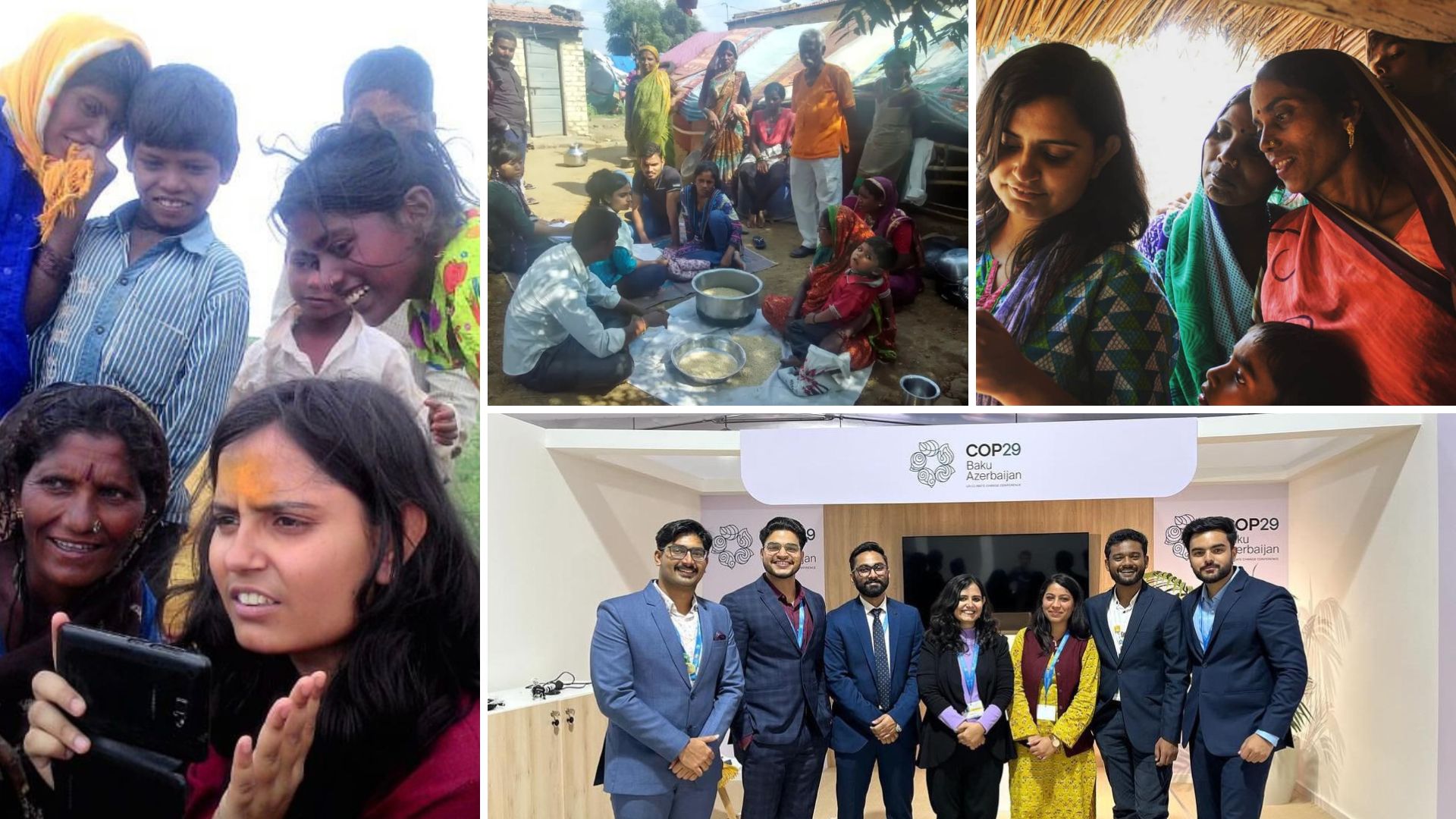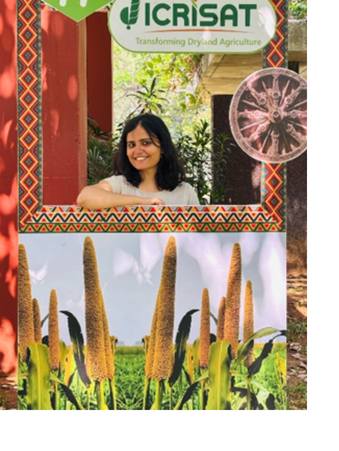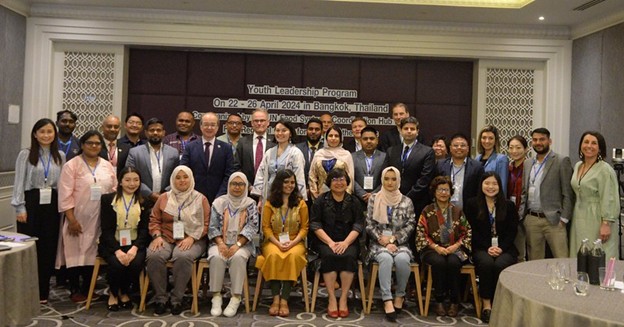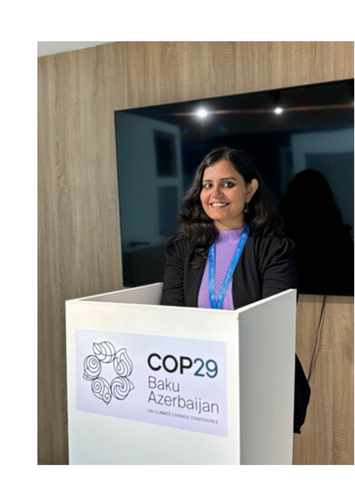Data, dialogue, and determination: A young researcher reimagines food systems in India

For Alokita Jha, food is not just sustenance – it is story, science, and strategy.
Based in India, Alokita is helping shape the future of global food systems – not from a ministry or corporate office, but from the intersection of research, storytelling, and youth advocacy. She’s part data scientist, part policy voice, and part community mobilizer – a new kind of leader in a field where young people have long been seen as future stakeholders rather than present-day actors.

Currently a Data Fellow with the Capacity Accelerator Network (CAN) – hosted by the Abdul Latif Jameel Poverty Action Lab (J-PAL) South Asia and placed at the International Crops Research Institute for the Semi-Arid Tropics (ICRISAT) – Alokita works with massive datasets that track how climate, agriculture, and health interact. Her goal: to make science usable for decision-makers and meaningful for communities.
“It’s not just about publishing results,” she said. “It’s about turning data into something that helps people make better choices – especially in places where vulnerability is highest.”
Alokita’s journey into this work began in the field. As a graduate student, she worked with resettled tribal communities and witnessed how climate shocks and poor nutrition were destabilizing both livelihoods and identities.
“That experience shifted my perspective. I realized food systems aren’t just technical problems – they’re social, ecological, and deeply personal.”
This sense of connection, she says, was what later drew her to the Youth Leadership Programme (YLP) – supported by the German Federal Ministry for Economic Cooperation and Development. Through YLP, she gained exposure to tools like policy mapping and scenario planning – but more importantly, she learned the power of storytelling.
“Numbers matter. But stories are what move people,” she said. “The YLP helped me see how to combine evidence and emotion in ways that influence both communities and policymakers.”

It’s a skill she now applies on multiple fronts. In India, Jha is working to establish a World Food Forum National Chapter, creating a space where young people can co-lead food systems transformation. The model brings together research, advocacy, and public engagement – empowering youth to help set national priorities on food and agriculture.

In 2024, she served as a Contact Point for YOUNGO, the youth constituency of the UN climate negotiations, representing youth voices at COP29 and other forums. Her message is clear: youth from the Global South must not only be included – they must help shape the agenda.
“Youth are already leading in our communities,” she said. “Our insights, especially in climate-vulnerable regions, are vital.”
Still, bridging science and policy comes with challenges. Data can be complex. Policymaking is slow. And the gap between global frameworks and local realities is often wide. But Alokita remains undeterred.
“I try to co-develop solutions with local actors – co-create indicators, ask better questions, make the science land,” she said. “It’s about designing research that’s actually usable on the ground.”
When the work feels heavy, she draws strength from the resilience of the communities she’s worked with, and from the energy of the youth movement she’s part of.
“Change is slow, but it’s happening,” she said. “And it’s being led by people who believe in something better.”
That belief is what drives her: the idea that food systems can be just, that policy can be grounded in lived experience, and that science – when paired with human stories – can truly transform how we nourish both people and planet.
